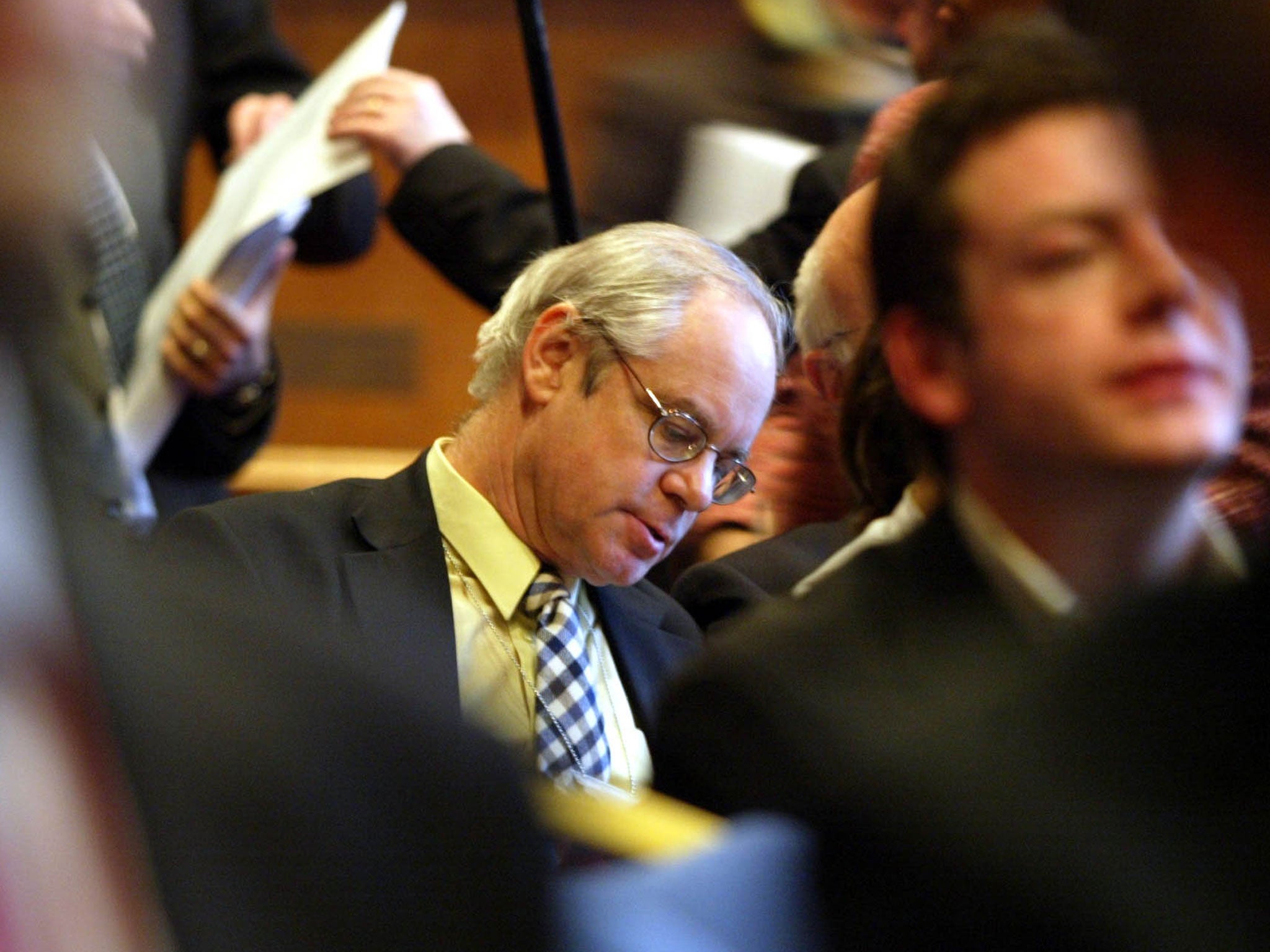Simon Hoggart: Modest if mischievous, the effortless pioneer of the sketch
A daily reading told you things about Westminster no news story could convey


Your support helps us to tell the story
From reproductive rights to climate change to Big Tech, The Independent is on the ground when the story is developing. Whether it's investigating the financials of Elon Musk's pro-Trump PAC or producing our latest documentary, 'The A Word', which shines a light on the American women fighting for reproductive rights, we know how important it is to parse out the facts from the messaging.
At such a critical moment in US history, we need reporters on the ground. Your donation allows us to keep sending journalists to speak to both sides of the story.
The Independent is trusted by Americans across the entire political spectrum. And unlike many other quality news outlets, we choose not to lock Americans out of our reporting and analysis with paywalls. We believe quality journalism should be available to everyone, paid for by those who can afford it.
Your support makes all the difference.Simon Hoggart, whose parliamentary sketches unfailingly entertained and enlightened Guardian readers for 20 years, has died in the Royal Marsden Hospital at the age of 67.
He determinedly continued writing five days a week – without any diminution of his exceptional wit and eye for the human detail – for three and half years after being diagnosed with pancreatic cancer.
Tributes to Hoggart, a journalist on the paper and The Observer for 45 years, and a frequent broadcaster who chaired the BBC’s News Quiz for a decade, were led yesterday by Guardian editor Alan Rusbridger who said that he had been a “terrific reporter and columnist” as well as a “great parliamentary sketch writer”.
He added that Hoggart “wrote with mischief and a sometimes acid eye about the theatre of politics. But he wrote from a position of sophisticated knowledge and respect for parliament. A daily reading of his sketch told you things about the workings of Westminster which no news story could ever convey. He will be much missed by readers and his colleagues.” Offering condolences to Hoggart’s family, David Cameron paid his own tribute: “Simon was an acute and witty recorder of British politics and one of the pioneers of the art of sketchwriting... Above all he was also an extraordinarily nice man.”
His friend and Guardian colleague Michael White wrote yesterday that Hoggart’s “world view was shaped by his family roots in the industrial north of England.”
He was the son of Richard Hoggart, academic and author of the seminal 1957 book The Uses of Literacy.
Hoggart was as incapable of writing in clichés as he was brilliant in detecting – and ridiculing – them in politician-speak.
A minor aspect of his huge body of work – much of it collected in a series of successful books – was his “discovery” of and regular references to, the flaxen-haired Tory backbencher Michael Fabricant, whose recent sporting of a Movember false moustache Hoggart described as making him look like “a cross between one of the Village People and the evildoer who ties the heiress to the railroad track”. Chronicling the MP’s – limited – rise to political maturity, Hoggart said in one of his last sketches that “Mickey Fab” had been “spray-painted with gravitas”. Fabricant said yesterday: “Such sad news. He teased me mercilessly but always kindly.”
He was generous in welcoming and encouraging new entrants to the sketchwriters’ trade, who were inevitably daunted by his seemingly effortless mastery of it, his ability to notice something that could make his readers laugh out loud at what had seemed to the rest of us like the driest of parliamentary occasions and the unique rapport he had with his legions of devotees.
He was the most convivial of dinner companions, unusual among those who write humourously for a living in being as funny in private as he was on the page. He was, as White also wrote yesterday, a journalistic polymath, who had reported in Belfast in the violent early 1970s period of the troubles, in Washington and wrote about wine for The Spectator.
Cheeringly for the non-connoisseur, he believed that if you trusted the restaurant you should always take the house wine. It was fairly typical of the man – as unpretentious as he was knowledgeable on the huge range of subjects that interested him.
Join our commenting forum
Join thought-provoking conversations, follow other Independent readers and see their replies
Comments